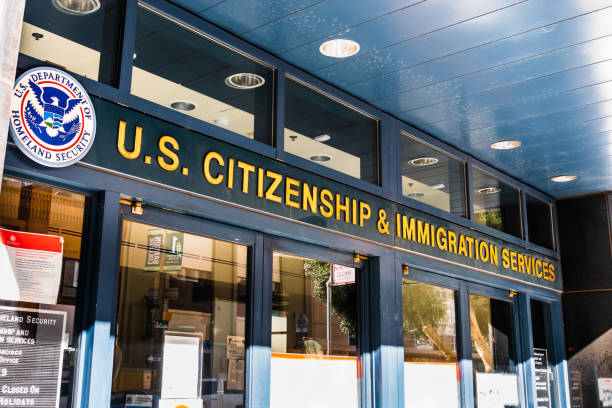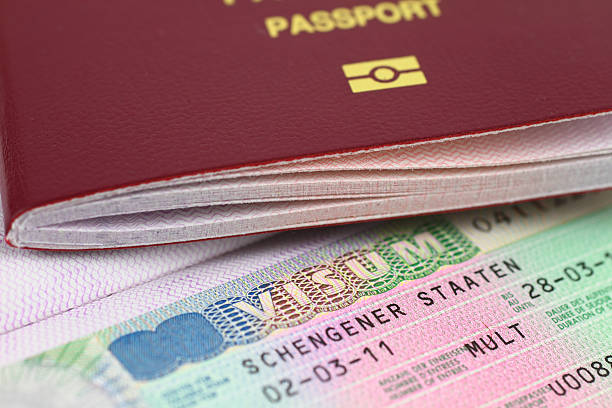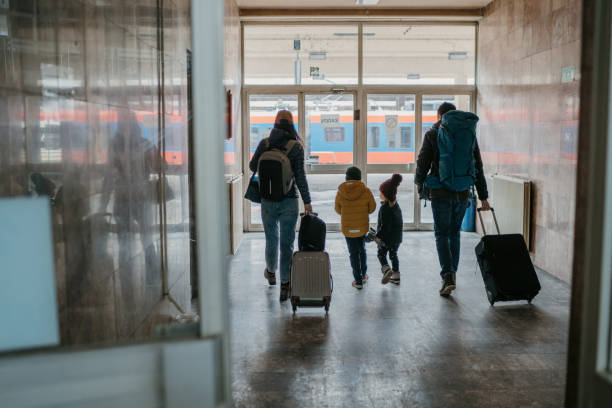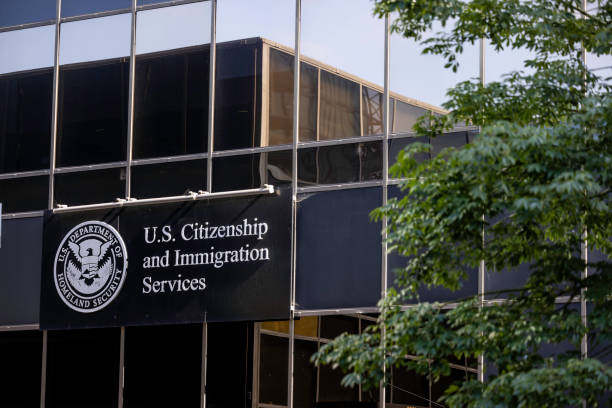
The Challenges and Opportunities of Refugee Resettlement
The Challenges and Opportunities of Refugee Resettlement
Refugee resettlement is a critical and complex process that involves helping individuals who have fled their home countries due to conflict, persecution, or other crises. While it presents numerous challenges, it also offers significant opportunities for both refugees and the host communities. This blog explores the key challenges and opportunities associated with refugee resettlement and provides insights into how communities and individuals can contribute to successful integration.
1. Understanding Refugee Resettlement
Refugee resettlement refers to the process of relocating refugees from a country of first asylum to a third country where they can rebuild their lives. This process involves legal, logistical, and humanitarian considerations.
1.1. Legal Framework
The legal framework for refugee resettlement includes international treaties and national policies that guide how refugees are selected, processed, and integrated into their new countries. Understanding these legal aspects is crucial for both refugees and host countries.
1.2. Humanitarian Considerations
Resettlement aims to provide safety and stability for refugees who are unable to return to their home countries or remain in their current country of asylum. Humanitarian considerations focus on ensuring that refugees receive adequate support during their transition.
Learn more about the legal and humanitarian aspects at Refugee Resettlement.
2. Challenges of Refugee Resettlement
Resettling refugees involves several challenges that can impact both the refugees and the host communities.
2.1. Integration and Adaptation
One of the significant challenges is integrating refugees into their new communities. This includes adapting to a new culture, language, and social norms. Integration requires support from both governmental and non-governmental organizations.
2.2. Economic and Employment Issues
Finding employment and achieving economic self-sufficiency can be difficult for refugees. Barriers such as language barriers, lack of local qualifications, and limited work experience can hinder their ability to secure jobs.
2.3. Psychological and Social Challenges
Refugees may experience psychological trauma from their past experiences and face social challenges such as discrimination and isolation. Addressing these issues requires comprehensive mental health support and community outreach.
Discover strategies to overcome these challenges at Refugee Integration.
3. Opportunities of Refugee Resettlement
Despite the challenges, refugee resettlement also presents significant opportunities for both refugees and host communities.
3.1. Cultural Enrichment
Refugees bring diverse cultural perspectives and experiences that can enrich the host community. This cultural diversity can enhance social cohesion and promote greater understanding among different groups.
3.2. Economic Contributions
Refugees can contribute economically through entrepreneurship, filling labor shortages, and paying taxes. Their participation in the workforce can help stimulate local economies and create new opportunities.
3.3. Strengthening Humanitarian Values
Successful refugee resettlement highlights the host country’s commitment to humanitarian values and international solidarity. It demonstrates a willingness to provide refuge and support to those in need.
Explore how refugee resettlement can benefit communities at Community Enrichment.
4. Supporting Successful Resettlement
To maximize the benefits and address the challenges of refugee resettlement, various stakeholders need to collaborate and provide support.
4.1. Governmental and Non-Governmental Organizations
Governments and NGOs play a crucial role in facilitating resettlement by providing services such as housing, education, and job training. Effective coordination among these organizations can improve resettlement outcomes.
4.2. Local Communities and Individuals
Local communities and individuals can contribute by offering support through volunteering, mentoring, and advocating for refugees. Engaging with refugees and helping them integrate can foster a welcoming environment and strengthen community ties.
Learn how to support refugee resettlement initiatives at Support Refugees.
5. Conclusion
Refugee resettlement presents both challenges and opportunities. While integrating refugees into new communities can be complex and demanding, it also offers significant benefits such as cultural enrichment, economic contributions, and the strengthening of humanitarian values. By understanding and addressing the challenges and actively participating in the resettlement process, both refugees and host communities can work together to create positive and lasting outcomes.



















































